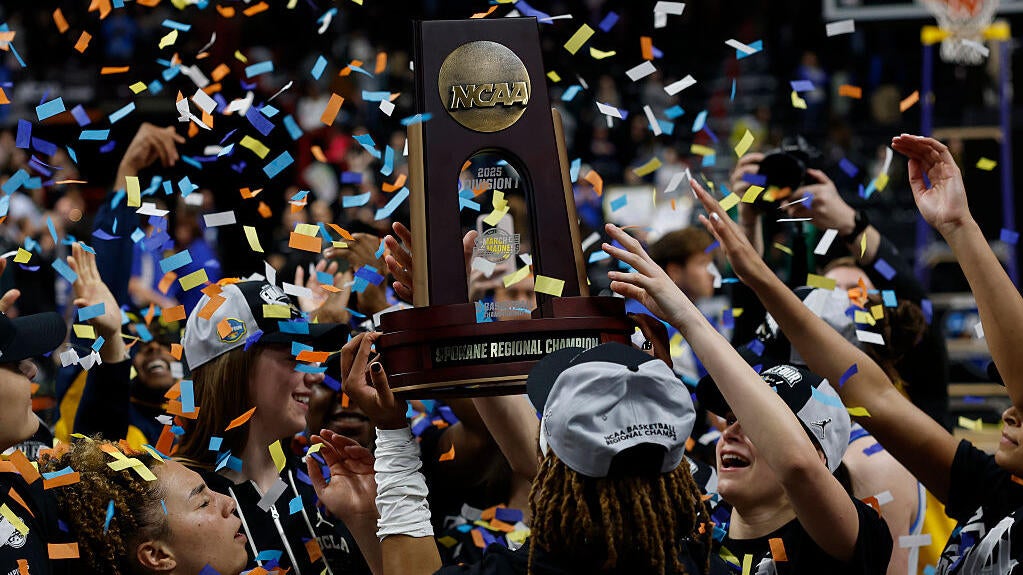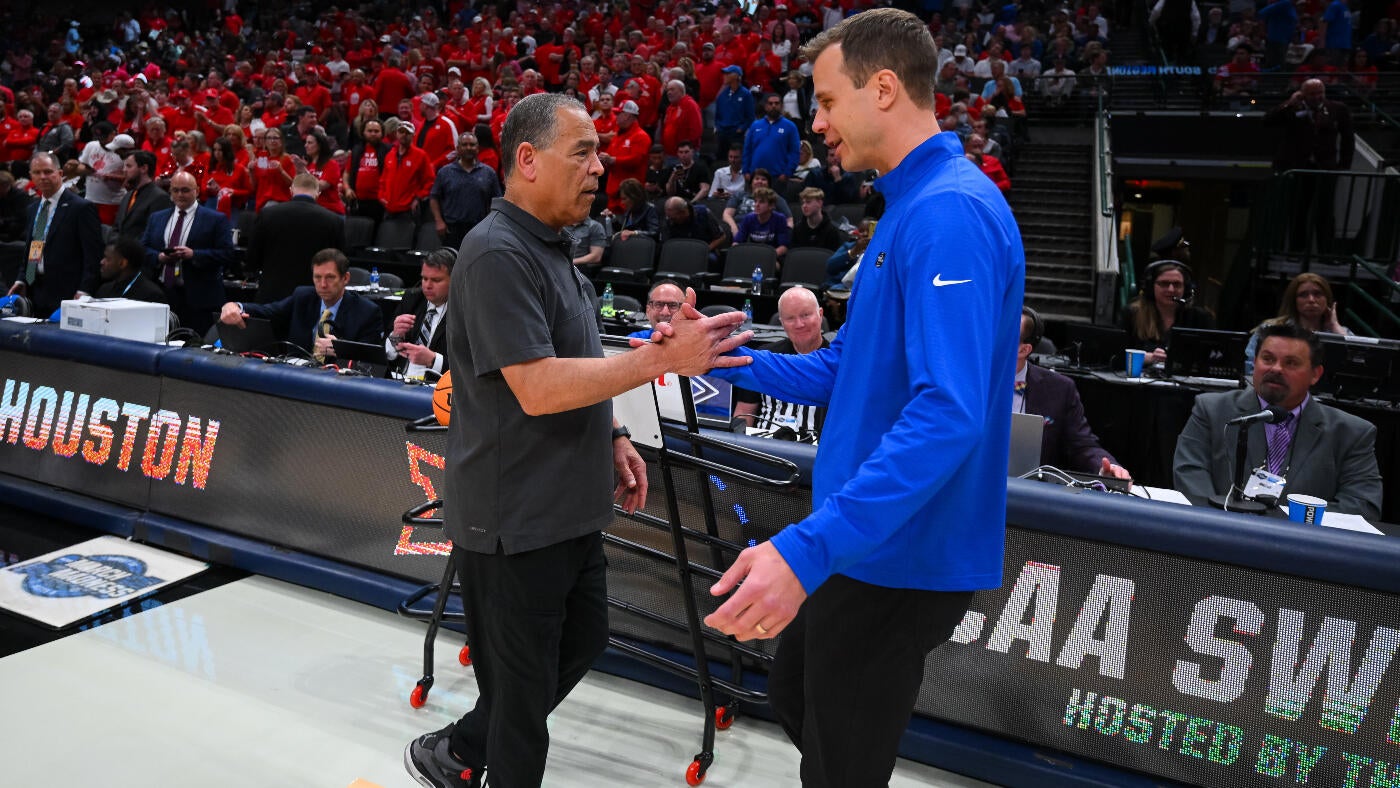UCLA coach Cori Close wasn’t sure what she was expecting when she was invited to meet John Wooden at his home in 1993. But she could say it was definitely not … this.
The small two-bedroom apartment with one guest bathroom that was chronically broken (forcing guests to walk through the Wooden’s primary bedroom into their bathroom), the undersized patio outside the front door, the general diminutive nature of everything in the space for a coach whose teachings and lessons had seemed to permeate every level of basketball in America — at first, it didn’t add up.
Close was a rookie coach, straight out of her playing days at UC Santa Barbara and working as an assistant on the UCLA women’s staff. Her counterpart (in terms of rank) on the men’s staff, Steve Lavin — now the head coach at San Diego — mentioned to Close that he had been meeting with Wooden every few weeks to discuss basketball and life.
On a random Tuesday in November, Lavin surprised Close by showing up after one of the UCLA women’s practices and told her that he had informed Wooden that she’d be tagging along that night. At first, she was nervous. She remembers telling Lavin, “I’m not prepared. I can’t go.”
He laughed and asked what kind of preparations she’d need to do. Close wasn’t sure, but she knew she felt anxious about meeting a coach she, a born-and-raised Californian, had long admired.
As she stood outside Wooden’s door, she remembers beginning to sweat, and when he opened it, he looked straight past Lavin and said, “Who are you?”
Close opened her mouth and tried to introduce herself, but could barely even get her name out before stumbling over saying, “Cori Close.”
“It sounded like my name, ‘Cori’ had 10 syllables,” she said.
He asked how she spelled it, and she did — C-O-R-I. Wooden smiled. He grabbed her arm and led her inside to a small stool that read “CORI,” and told her that he had an 18-year-old great-granddaughter named Cori.
“I always joke that if I spelled it C-O-R-E-Y,” Close said, “he would’ve never let me in the door.”
But Wooden did. And in that first visit, which lasted two hours, she remembers being impressed — mostly — with his humility. Here was a man who had coached UCLA from 1948 to 1975, winning 10 national titles, all between 1964 and his retirement. His teams set a men’s record, winning 88 straight games. As a former college player, he had become the first three-time All-American in basketball history.
Close was 22 and the lowest-paid assistant on a UCLA women’s staff that would go on to coach the squad to a 15-12 record. She hadn’t won anything. Her name wasn’t in any record books. And yet, here she was sitting on John Wooden’s couch in John Wooden’s living room, conversing with … John Wooden. She could hardly believe it.
She asked him about basketball but was surprised when he returned the questions her way, asking Close what she thought. The conversation was free-flowing and centered around their lives. Even then, at 83 years old, he was still convinced he could learn from others.
“I remember two hours feeling like 20 minutes,” Close said. “I didn’t want to miss a word because the wisdom was dripping from everything that he said. I’d obviously followed him, growing up and knowing about him, but when I met him, it was just so obvious why he was as successful as he was, because his character was so unwavering, and his principles were so steeped in great thought and consistency.
“It was the start of something that I had no idea how powerful it would be. I just felt lucky to be there.”
Close spent two seasons as a UCLA assistant, and after that initial night, her trips to Wooden’s apartment became an every-other-week tradition. She’d always stop at Baskin-Robbins and pick up a pint of one of Wooden’s favorites — strawberry or lemon ...






